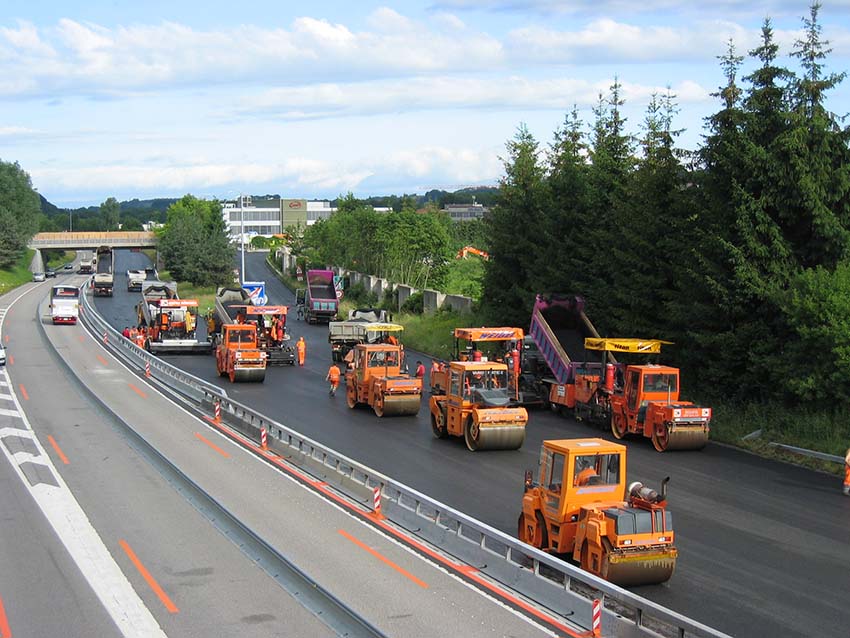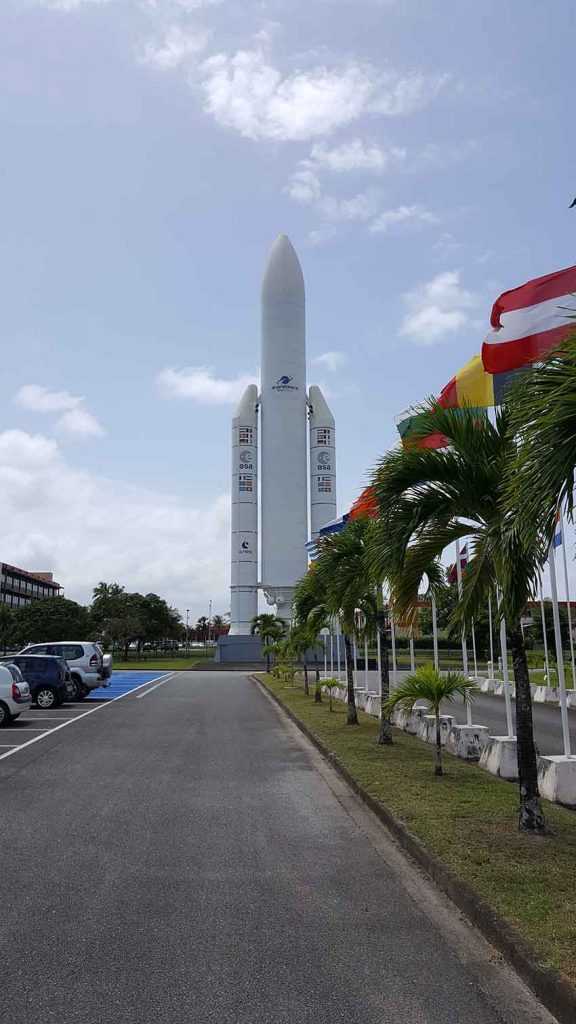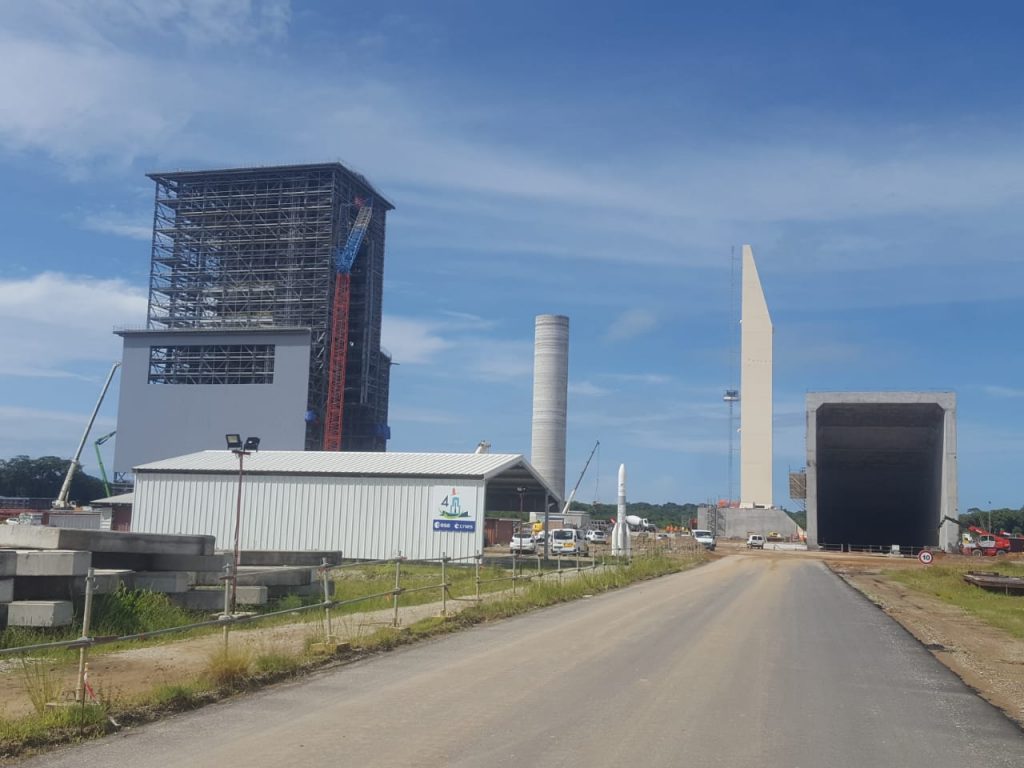The history of the Selenice deposit of natural bitumen in Albania spans over 2 000 years. Its natural bitumen, unique in its category in Europe, has been famous since antiquity. In modern history, the deposit gained prominence again when the natural bitumen of Selenice, mined and processed by a French (1871) and then an Italian company (1922), was used for paving the streets and squares of Paris and Milan.
However, the large-scale industrial mining operations in the deposit of Selenice, started only in 2001 by the company Selenice Bitumi Sh.a., a subsidiary wholly owned by its parent company, the French group KLP Mines. The naturally occurring solid hydrocarbon bitumen present in the native deposit in Selenice is extracted in open-pit workings. The bitumen content varies from 83% to 92%, with a penetration close to zero and a softening point around 120 °C. The natural bitumen originating from the deposit, namely Selenizza®SLN, belongs to the group of natural asphaltites such as Gilsonite, Trinidad, etc. and is used as an additive for the modification of road paving bitumen.
The use of Selenizza is prescribed by the European standard EN 13108-4 (Annex B, Table B.2). It represents on average 8-15% of the total mass of the binder and about 1% of the total mass of the asphalt mixture. The deposit of Selenice, is the only mine producing natural bitumen in Europe nowadays.
The natural bitumen Selenizza®SLN is being used successfully in numerous projects worldwide. Just to name a few, in French Guiana, the natural bitumen Selenizza®SLN, was employed by EIFFAGE, for the manufacture of a special High Modulus mix design for the construction of the lane for the EU rocket ARIANE VI and CISA ASFALTI, integrated Selenizza®SLN in the mastic layer cover applied in the deck of Genoa’s new bridge.
Interview with M.Sc.Eng. Edith TARTARI, Marketing and Development Manager, Selenice Bitumi SH.A.

Easy Engineering: What are the main areas of activity of the company?
SELENICE BITUMI: Today, Selenice Bitumi is one of the main exporters of Albania. Numerous research studies testify to the high qualities of its natural bitumen. A Life Cycle Assessment study has demonstrated that the production stages of natural bitumen Selenizza®SLN, are characterized by a reduced CO2 emission compared to those of standard road bitumen produced in refineries, with energy consumption 50% lower. Another research study conducted by the University of Strasbourg in France has found that Selenizza®SLN behaves as an aging retarder thus helping to counteract the aging mechanism in asphalt binders.
Currently, Selenice Bitumi exercises uninterrupted mining activity for the extraction of natural bitumen and its processing in the factory, to produce ready-made refined bitumen product which is exported every week to several countries in Europe, Asia, and Africa.
The primary use (80%) of natural bitumen Selenizza®SLN is in the highway road construction sector, where it is used as an additive for modification of asphalt binders by significantly extending the useful life of the pavement and reducing the long-term costs of pavement maintenance. Selenizza®SLN represents the optimal solution for the design of high modulus asphalt mixes with improved resistance to fatigue and permanent deformations, making thus possible thickness reduction of the pavements thanks to higher mechanical performances in the road structure design. The Selenizza®SLN additive, offers an excellent price/performance ratio, compared to other types of additives, and have been particularly successful in highly stressed traffic areas for various projects such as ports, airport runways, highways, bridges, etc. with high-density traffic and high-level constraints.
The natural bitumen of Selenice’s deposit is also used in numerous other types of applications as water-proof coating asphalts, building roofing, shopping center parking, drilling fluids in Oil & Gas extraction, waterproof asphalt used in works of art, etc.

E.E: What’s the news for 2020 about new products?
SELENICE BITUMI: The last developments have been focusing on the use of Selenizza ®SLN for the design of the types of innovative binders, namely, the production of a new “green binder”, obtained by blending only natural bitumen Selenizza, and waste vegetable oil, which can replace the standard bitumen and the design of a new type of regenerating agent (reversing the percentages of Selenizza and vegetable oil compared to the alternative above), enabling thus the integration of 100 RAP aggregates in asphalt mixes.
E.E: What are the ranges of traded products?
SELENICE BITUMI: The range of traded products is composed of Selenizza®SLN, which is the flagship product, and other types of natural differentiated mainly by the percentage of inorganic matter contained in the final product, namely, Natural Asphalt Raw, Asphalt SELENIZZA® 70/30, ASPHALT SELENIZZA®DC2, Asphalt Selenizza®, Selenizza®ONAT.
E.E: At what stage is the market where you are currently active?
SELENICE BITUMI: The market of natural bitumen is in the advancing phase, with an encouraging development perspective as part of the emerging environmental sustainability innovations and trends in asphalt mixture design. Within a general framework where efforts are currently focused on energy saving and the development of low-carbon technologies for asphalt pavement construction, the use of modifiers to improve the performance of bituminous road paving materials is increasing worldwide and are now being considered very seriously by road paving engineers and paving contractors who are concerned both with high performance and cost-effectiveness. The natural bitumen Selenizza offers a unique combination of high performance and economy for high-stress paving applications.

E.E: What can you tell us about market trends?
SELENICE BITUMI: The hot-mix asphalt (HMA) industry, in the context of global environmental change, has renewed its focus on perpetual HMA pavement construction, promoting the development and testing of innovative concepts, methods, and technologies. The increasing transportation demands in terms of traffic volume and loads have resulted in substantial challenges to meet, creating the need to devote our research efforts to the further enhancement of HMA design and to improve the selection of the materials used in highway construction. The production of asphalt mixes with a high content of reclaimed asphalt pavement (RAP) appears as one of the principal applications in the current trends and developments in the flexible pavement design that provides higher economic and environmental benefits.
E.E: What are the most innovative products marketed?
SELENICE BITUMI: French researchers recently investigated the possibility of developing a new type of binder similar to a traditional 35/50 road bitumen, produced by mixing natural bitumen and waste vegetable oils, thus circumventing the use of oil refined bitumen whose production implies the consumption of non-renewable natural resources with a high impact on CO2 emissions. In parallel, a research project was conducted recently by Erfurt University in Germany, studying and experimenting new wearing course mix design with the use of 100% RAP asphalt and a rejuvenating agent composed of vegetable oil and natural bitumen Selenizza. A significant improvement of the fatigue resistance, as well as a reduced risk of low-temperature cracking, was observed in JBF variants added with the rejuvenating agent after the aging, compared to the reference and aged variants.

E.E: What estimations do you have for 2020?
SELENICE BITUMI: In 2021, is expected a significant increase in the activity of Selenice Bitumi, predicting a doubling of the production. The environmentally friendly additive Selenizza®SLN offers the opportunity to implement pavement structures with reduced layer thickness enabling thus significant economies and represents an attractive choice in the context of an unpredictable and rapidly changing bitumen market. Especially, given the unprecedented situation caused by the Covid crisis, there are expected to be further reductions in refined bituminous product supply at significant levels, insufficient to cope with the demand. Besides, the quality of the straight run bitumen is also likely to be affected and the environmentally friendly additive Selinizza®SLN, as a bitumen „corrector”, can provide a solution to such crucial problems in the road construction sector.

